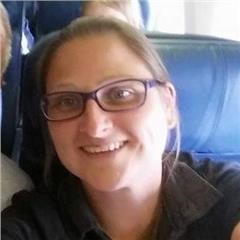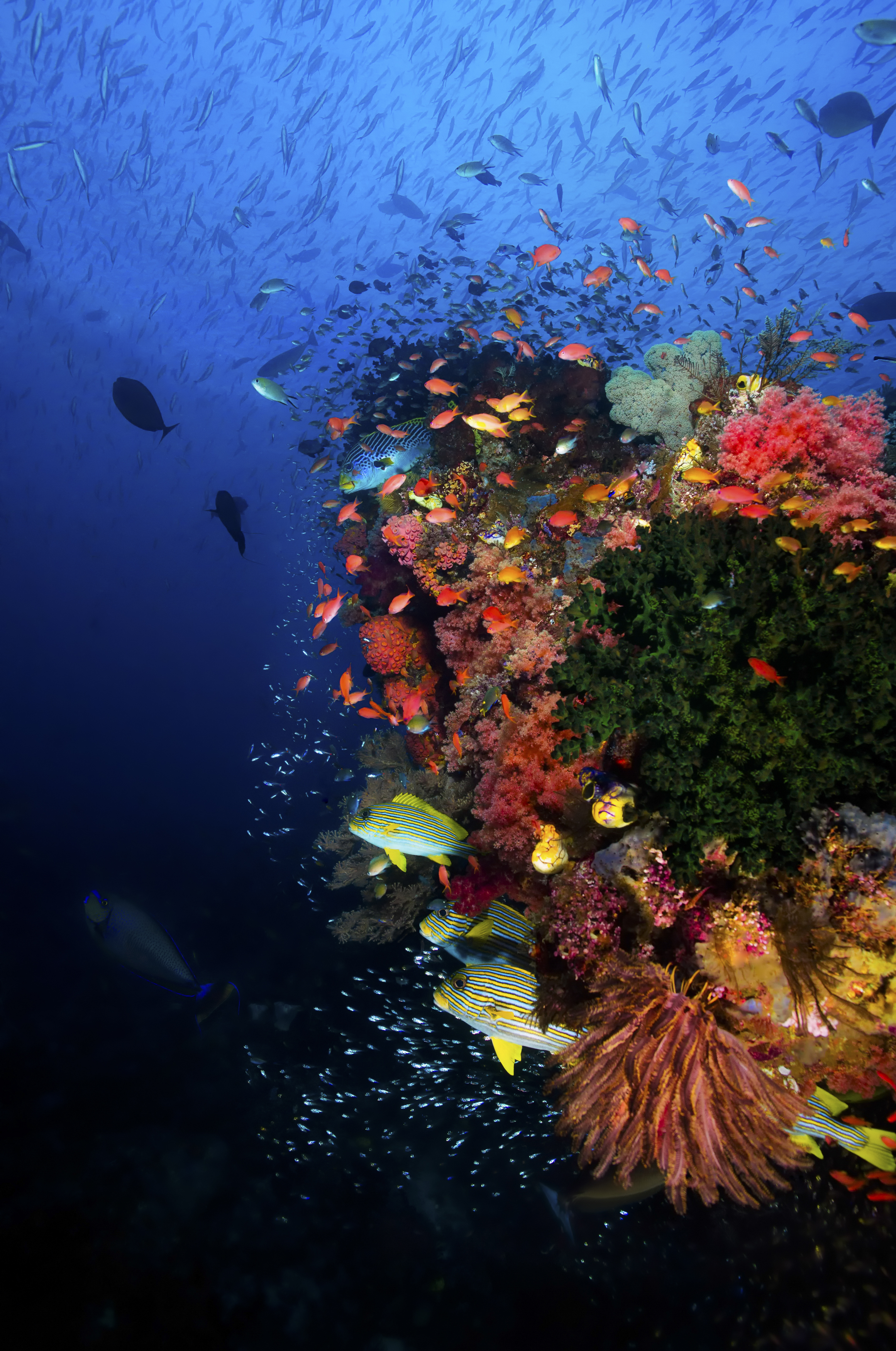Virology
The Virology Team research existing and emerging diseases, studying virus characteristics (including genome sequencing), host-pathogen interactions, and host immune responses to increase understanding and options for control of important aquatic diseases.
Viruses cause some of the most aggressive and intractable diseases in aquatic animals, many of which are listed and notifiable to competent authorities under UK and international legislation. The virology team provide evidence, advice and assistance to the UK (Defra) and international governments and collaborates with UK research institutes and the pharmaceutical industry on:
- The impact of listed, exotic, and emerging diseases
- Improved diagnostics and surveillance measures
- Development of new technologies in aquatic disease control (vaccines, therapeutants, and selective breeding)
Working to ensure high animal health status for wild and farmed species in England & Wales and abroad we represent the National Reference Laboratory for finfish and mollusc diseases, and the World Animal Health Collaborating Centre For Emerging Aquatic Animal Disease (WOAH CCEAAD) contacts for mollusc and fish diseases (Frederico Batista and Richard Paley).
Examples of our work include understanding virus survival and transmission in the aquatic environment, identifying new viruses (e.g. nidovirus in imported goldfish and paramyxovirus in native carp), collaborating to develop disease resistance in Atlantic salmon by selective breeding (The Roslin Institute), testing novel plant and algal grown fish vaccines, working with the Ministry of Fisheries in Oman to develop their aquatic animal health capabilities (UCL and The John Innes Centre), identifying the cause of mass tilapia mortalities in Ghana and training Ministry scientists in diagnostics, developing high throughput sequencing methods for detection and characterization of Ostreid herpesvirus and other viruses associated with mollusc mortality events, improving mollusc disease resistance through immune priming, and chemotherapeutics for viral diseases.
Other areas of work include developing point-of-care tests for aquaculture pathogens such as Neoparamoeba perurans (the causative agent of Amoebic Gill Disease) and Bonania ostreae (causes bonamiosis in oysters), blood biochemistry as early markers of disease in fish, and developing in vitro tests to study pathogenicity and host response in line with NC3Rs reduction.

Claire Morgan

